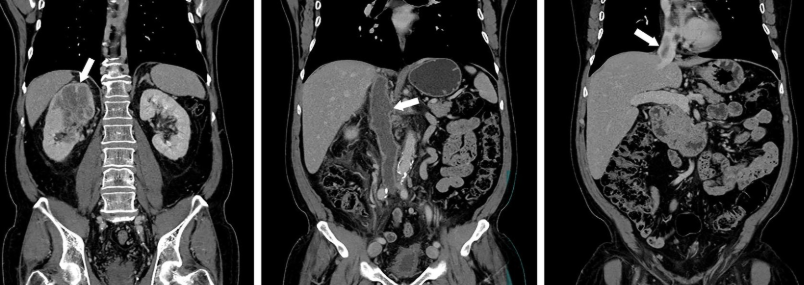Photo Credit: Wildpixel
The Following is a summary of “risk factors for renal insufficiecy and survival implications after radical nephrectomy and thrombectomy in renal cell carcinoma with tumor Thrombus: a systemmatic review,” published in the Januarary 2025 ISSUE OF BMC Urology by Huang et al.
Renal Cell Carcinoma (RCC) with Venous Tumor Thrombus (VTT) Poses to Significant Global Burden. Radical Nephrectomy (RN) with Thrombectomy is the Gold Standard Treatment But May Impair Renal Function.
Researchers Drive the Retrospective Study to Evaluate the Incidence, Risk Factors, and Impact of Renal Insufficiecy in Patients with RCC Undergoing RN with Thrombectomy.
Then Systematically Searched Pubmed, Burf, Web of Science, Cochrane Library, and European Urology. About 11 Articles Matching Picos Were Included. The Study Was Registered with Prospero, CRD42024516596.
The Results Showed that 1,668 Patients with RCC and VTt Who Underwent RN with Thrombectomy Were Analyzed. POSTOPERATIVE Renal Insufficiecy Ranged from 0.7% to 53.9%. Risk Factors Included Baseline Characteristics (Male Gender, Thrombus Level Tumor), Intraoperative Factors (Surgical Method, Lower Vena Cava Clamping Time), and Other Factors (Time Development). Renal Insufficiecy was caused by circulation volume deplement, altered renal Hemodynamics, and Solitary Kidney Condition. Overall Survival (OS) Ranged from 2 to 98 months. Clear Survival-Renal Function Association Was Not Established Due to Oncological Risks. Management Strategies Like Blood Volume Supply, Diuretics, and Renal Replacement Therapy Should Be Applied.
Investigators found that the incidence of postoperative renal insufficiecy was undestimated and that more risk factors should be explored. They Recommended Large Cohort, Multi-Center, Prospective Studies to Corroborate The Results and Provide High-Grade Clinical Recommendations.
Source: bmcurol.biomedcentral.com/articles/10.1186/s12894-024-01664-9


